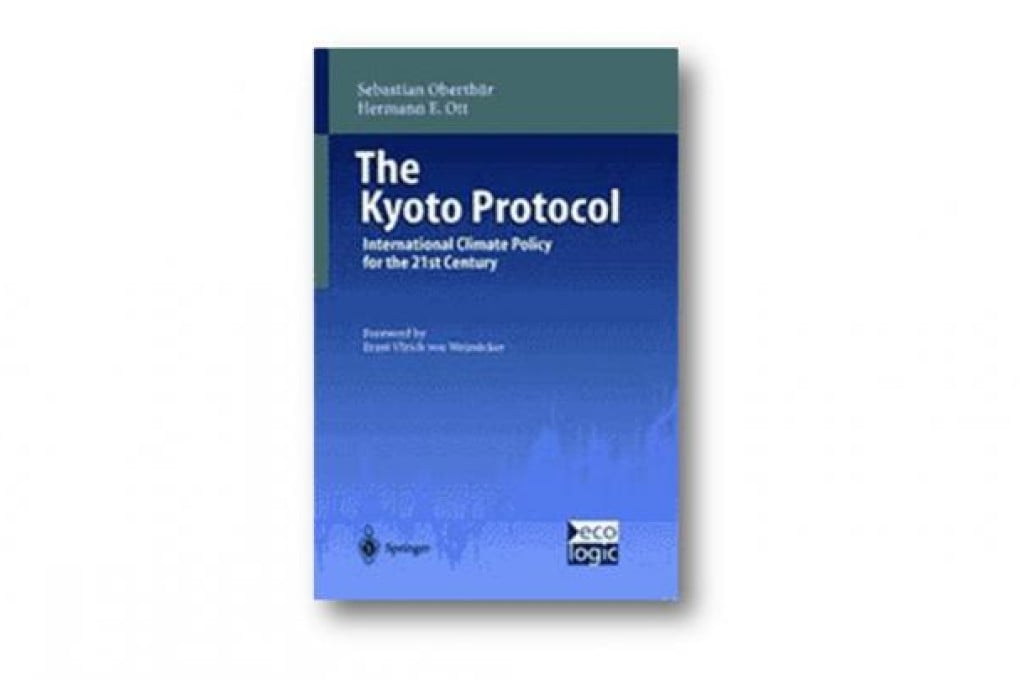Time for China and US to take lead in climate-change debate

Progress at world climate-change talks remains glacial compared with the loss of Arctic sea ice, which scientists link to global warming. Negotiators at the UN climate talks in Doha reached an eleventh-hour deal to extend a watered-down Kyoto Protocol to combat greenhouse gas emissions after three big nations dropped out. At the same time, scientists at an American geophysical conference revealed that the Arctic sea-ice sheet is now about half what it was in 2000 after a record retreat this year.
The Kyoto Protocol, the sole legally binding plan to halt growing global emissions, applies only to rich, developed nations. It was due to expire this year, after the repeated failure of attempts to reach a global deal. The extension to 2020 has been weakened by the withdrawal of Russia, Canada and Japan, leaving only European Union members and 10 other countries facing binding targets to cut their emissions, which account for only about 15 per cent of the global total. The US has not ratified the protocol and China and India are exempt.
If any progress is to be seen, it is that negotiators have put Kyoto behind them. This leaves the next annual UN climate talks to focus on a 2015 deadline agreed last year for negotiating a new treaty, to take effect from 2020, under which all countries rich and poor would tackle global warming.
That will bring to a head the issue of how to divide responsibility between the rich world and developing nations, who say developed economies should bear the major share of the cost of cleaning up a problem for which they are historically responsible. Supported by China at the Doha talks, they pressed for a timetable for a promised tenfold increase in financial and technological aid to US$100 billion a year by 2020. Not surprisingly, this was resisted by the US, Europe and other developed nations facing economic woes at home.
That said, Kyoto should not be considered a failure. It has created a vision and a way forward for co-operation in tackling pollution. But the process needs fixing, with targets having been missed and emissions getting worse. A new way has to be found for nations to work together to cut emissions. As the biggest and next-biggest polluters respectively, China, to whom the developing world looks for leadership, and the US, which opposes a global regime that imposes targets in favour of more flexibility for each nation, have leading roles to play in closing the gap between rich and poor nations.
